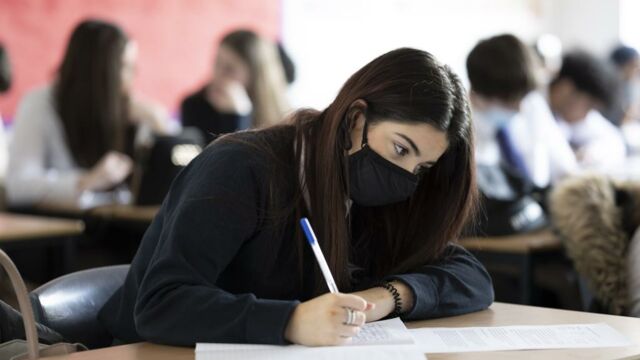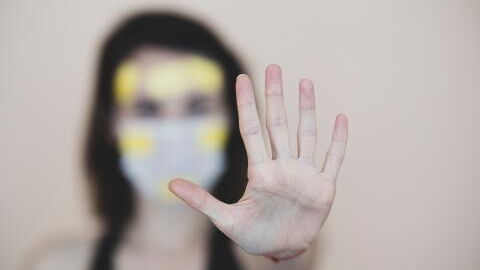Inspectors from the UK’s agency in charge of educational standards, Ofsed, spoke to more than 900 children from some 32 state and private schools and colleges about how prevalent sexual harassment is in their lives.
Discover our latest podcast
Nine out 10 girls spoken to say sexist name-calling, upskirting and being sent unsolicited pictures of the male genitals are some of the ways they have been harassed online and physically. Three-quarters of girls questioned say feel pressured to provide sexual images of themselves.
Inspectors also learnt that boys would typically talk about the ‘nudes’ they have and share them among themselves on social media messaging platforms.
Harassment as a normalised phenomenon
In spite of how widespread these behaviours are, school children do not feel the need to report or challenge them, having come to accept them as ‘normal.’ The report points to how so many pupils feel the adults in their lives do not know the reality of what they go through and just how prevalent sexual harassment is around that age.
Her Majesty’s Chief Inspector, Amanda Spielman, found this disturbing;
This review shocked me. It’s alarming that many children and young people, particularly girls, feel they have to accept sexual harassment as part of growing up. Whether it’s happening at school or in their social life, they simply don’t feel it’s worth reporting.This is a cultural issue; it’s about attitudes and behaviours becoming normalised, and schools and colleges can’t solve that by themselves.
The pupils also mentioned that they fear being socially ostracised or incurring ‘reputational damage’ if they opened up to adults about these issues. They also confess to being scared of police involvement should these issues come out.
Recommendations
The report by Ofsed outlines a number of measures to be taken by schools, partner agencies and government to improve safety for children in schools and online. These include:
- Developing a culture where sexual harassment in all shapes and forms is recognised and addressed and appropriate sanctions meted out where necessary
- It also recommends an ‘improved engagement’ between schools and multi-agency partners
- At the governmental level, the review suggests that the government should consider its findings in the development of the Online Safety Bill, to keep children safer online
- Finally, Ofsed wants the government to consider developing a guide for children and young people to explain what happens after they report harassment and abuse they face















